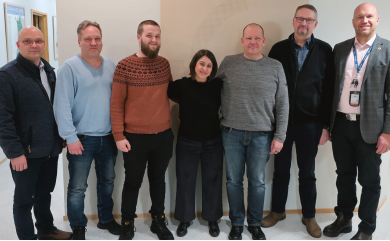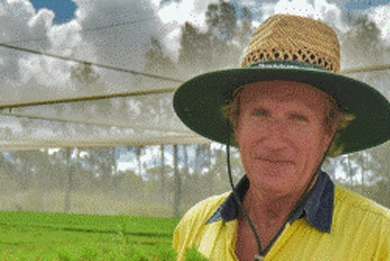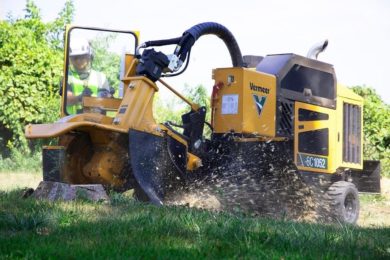Australia’s CSIRO is providing technical expertise in support of what US science magazine, Discover, has described as one of ‘the six most important experiments in the world’ – the Planted Forests Project on the island of Borneo. “This Malaysian project is visionary,” says the leader of the CSIRO team, David Boden. “Around the world we’ve seen that conservation in developing countries will only succeed if there’s something in it for the local communities. The Sarawak State Government has allocated nearly half a million ha. One third of the land will be set aside for conservation of Sarawak’s rich biodiversity, one third for use by the traditional ethnic communities, and one third for the establishment of a sustainable and economically viable plantation forestry industry.”
According to the Assistant Director of Forests, Sarawak Forest Department, Joseph Jawa, the project is unique in the region. “For example, under the project’s conservation plan, plantations are dissected by game corridors of undisturbed forest to help ensure wildlife does not become isolated and in-bred,” he says. “Timber will be processed locally, bringing more jobs and, because the Project is under government control, illegal clearing and logging has been greatly reduced.” Warren Ellis, the General Manager of Grand Perfect – the consortium managing the project – says CSIRO is providing support in the form of its expertise in a wide range of areas from tree improvement, to forest health, silviculture and forest management. Boden says that key to CSIRO’s involvement is its expertise in developing tropical acacia forestry plantations. “The Sarawak government has chosen selected Acacia mangium from Papua New Guinea and Queensland, Australia, for the plantations. A hectare of acacia plantation can produce more wood than 10 ha of forest that had been logged and regrown naturally. That step up in production could be the difference that makes the whole project viable.” He says that during his travels through SE Asia he has witnessed the damage caused when rain forest is cleared for oil palm and other cash crops. “This project offers a new direction – well managed profitable and sustainable forestry that also delivers for conservation and for the local people.” With 90,000 ha of acacia already planted, the first trees will soon be ready for harvesting.






